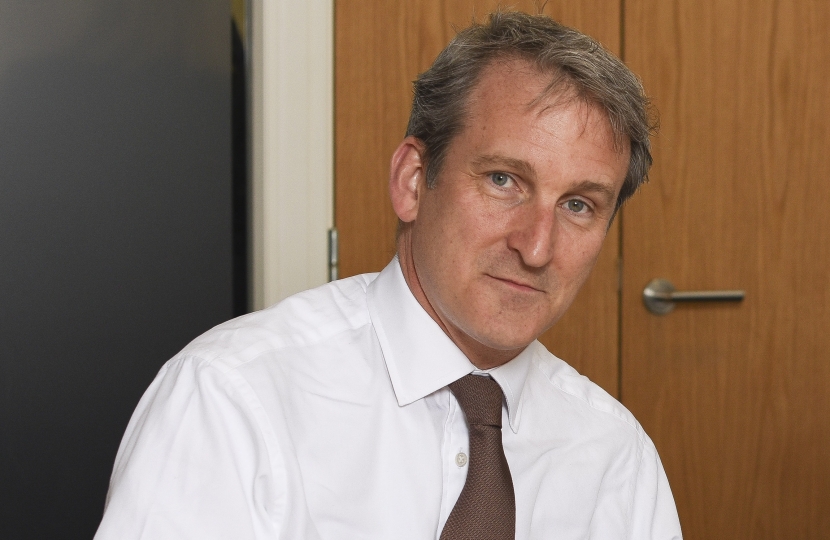
The article below was written by Damian and published in the Herald group of papers on the 18th June:
"There remain many inequalities, imbalances and injustices in our country, and a number of these are related to ethnicity. We need to face up to these and address them, righting wrongs where we find them.
At the time I was in government, the then Prime Minister Theresa May instituted a ground-breaking Race Disparity Audit across a comprehensive range of measures. In my areas then of education, and employment before it, there were multiple differences highlighted. But they weren’t as simple as many people expected.
In schools, a number of ethnic minority groups outperform white British children. The most dramatically improved school area in the country has been the most diverse: London. One of the large groups with most of concern is poorer white boys. There are still big differences between ethnic groups, but not always the differences you expect. Certainly it is not as simple as “white privilege”; it is more nuanced than that.
Black students over-index on university entry. But once there, their progress, on average, is less than others’, and completion rates lower. Graduate unemployment is higher for black graduates. In education, one of the most glaring gaps is in staffing and leadership - we need much more diversity, especially in school heads, and a big imperative is making sure potential candidates of all backgrounds are supported and encouraged through promotion routes.
These are the kinds of important disparities that the audit shone a light on. The commission the Prime Minister has announced can and must build on that.
Questions have also been raised about statues and monuments, and this poses two further important questions on what is in history and what we celebrate in history. The former we should not try to change – you can’t rewrite history. The latter is something that we do actually change from time to time, as indeed over time both what is covered and how it is covered in school has evolved.
The statues around our towns and cities often mark the contribution of a single person or group of people to a significant moment or event; something that has had a profound impact on the nation and its place in the world. Those who led and defended us in battle. The breakthroughs and developments led by scientists, engineers, writers, philosophers and other great minds. But common attitudes from some of those times would be abhorrent today.
The leaders of movements who have changed the way we think about each other are sometimes not recognised until many years after their moment in history. This was certainly true for Dame Millicent Fawcett, whose statue only arrived in Parliament Square in 2018, a hundred years after women won the right to vote.
Few will shed a tear for Edward Colston. But that doesn’t mean it is alright for a highly-charged crowd to decide to tear down a statue. And it doesn’t mean we should now embark on a national search-and-destroy mission, when we don’t know where that would end.
The very next thing we should do regarding statutes is .... nothing, at least not immediately. That doesn’t mean nothing at all. These are not decisions for demos or crowds, or media outlets, or indeed of-the-moment decisions by politicians. They require thought and reflection. A core feature of a deliberative democracy is the sharing of views and building of consensus. I’m afraid these days the thirst of rolling news and social media commentary often makes this considered and deliberate decision-making harder – but no less important.
We can’t change what has happened in the past but we can apply a modern-day understanding to it. We can, and must, ensure people living today can look back and know the past, understand the journey to the present-day, and recognise the important issues that still remain, to shape a brighter and fairer future."

